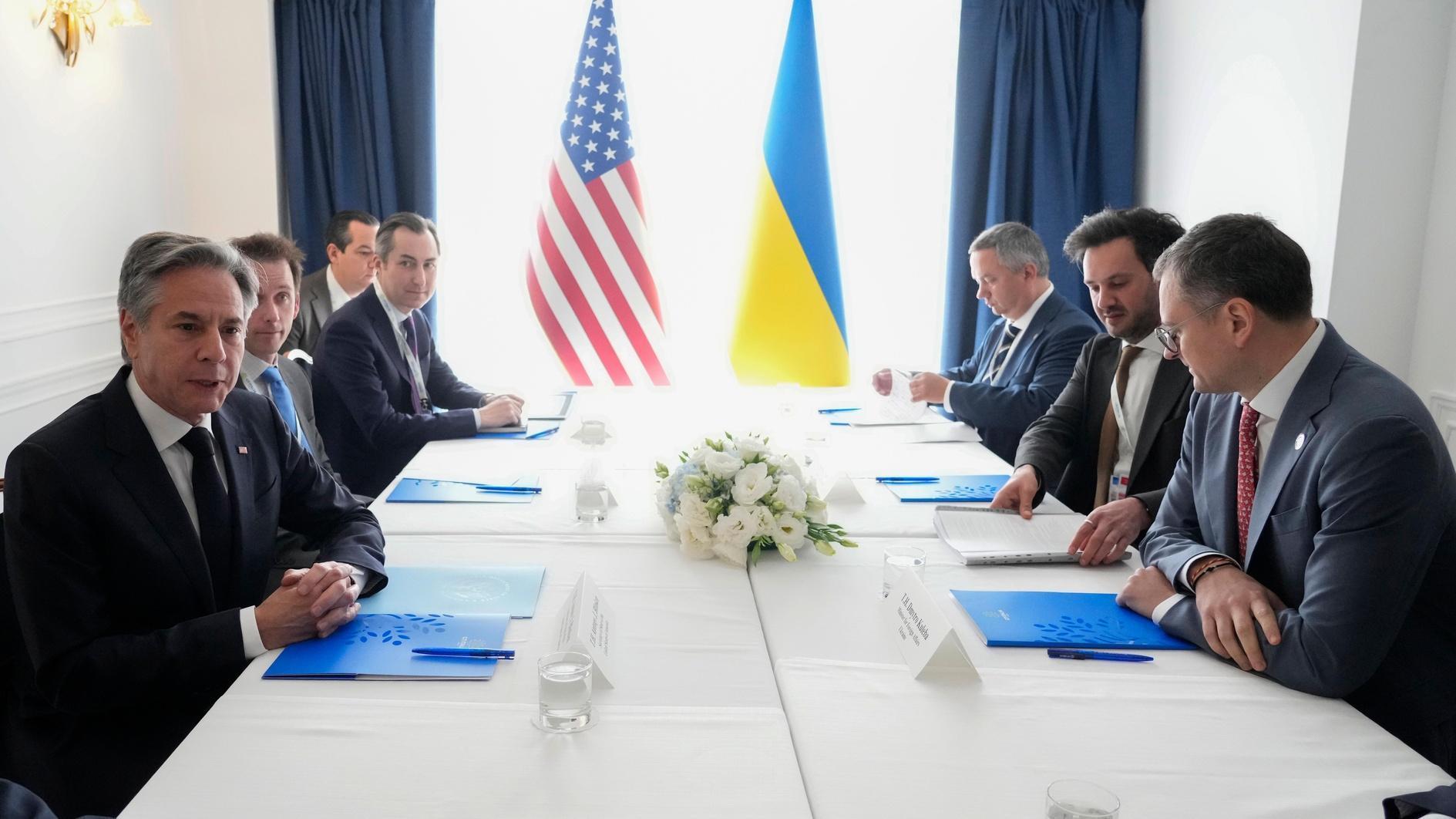Atatürk’s ageless legacy to shed light to future Turkey
On the 79th anniversary of the death of our dear founding leader, Mustafa Kemal Atatürk, the whole nation once again had the chance to reflect on the value and importance of the objectives and aspirations he outlined for this young country.
It should be well-noted that no such founding leader in the world is still being commemorated with love, emotion and respect. It is also interesting to observe that this flood of emotions seems to increase with each passing year. A statesman who was born in the late 19th century, who ruled in the early 20th century, and who is still valued and regarded as the ultimate leader in the 21st century, is certainly very rare.
What made Atatürk different from others was his ability to transform the Republic of Turkey on the basis of a positivist but realistic understanding, with a unique development program tailored to meet the needs of a young but poor nation.
Today, this country with its population of more than 80 million is among the world’s 20 largest economies, enjoys geopolitical importance at the crossroads of three continents, and is part of a number of key international organizations. More importantly, it has vast potential to be further developed if (human and national) resources are better used and if the country is better governed.
Unfortunately it is hard to argue that is likely at present. Today’s Turkey seems to have lost its direction and risks becoming isolated due to poor foreign policy management, with its traditional allies becoming increasingly cool towards it. Furthermore, Turkey’s image and credibility in the world has hit new lows because of increasing undemocratic inclinations that often put it on the front pages of the international media due to unending arrest campaigns against journalists, academics, activists and opposition politicians.
This downgrade also affects the institutionalized pillars of democracy and public order. Fundamental freedoms of the media and of thought are often breached, while individual rights are poorly defended under an eroded judicial system.
One can cite hundreds of cases of how people have been deprived of their freedoms on baseless grounds, but I will refer to just a few of them in this column.
One is the example of Enis Berberoğlu, a former journalist and lawmaker from the ranks of the main opposition Republican People’s Party (CHP), who was arrested in mid-June on the grounds of espionage. Berberoğlu was initially sentenced to 25 years in jail in the summer and this sentence was later rescinded by a higher appeals court. However, in full violation of laws and legal principles, the lower court insisted on its original ruling and announced that it will not recognize the higher court’s verdict. Legally speaking, CHP MP Berberoğlu is now in prison in the absence of any valid verdict against him.
Or there is the example of Selahattin Demirtaş, the co-leader of the Peoples’ Democratic Party (HDP). Demirtaş was arrested in October 2016 on terror charges along with a number of other MPs, and it took a year to find a court in which to try him. His demand to make his defense in person at the court - not through videoconference - was not approved, and his right to a fair trial has been under constant violation since then.
Or there is the example of journalists like daily Cumhuriyet editor-in-chief Murat Sabuncu and Ahmet Şık, a well-known investigative journalist from the same publication. Sabuncu has been in jail for 376 days and Şık has been in jail for 315 days. No indictment can persuade anyone that either is pro-terrorism.
Or there is the example of activists like Osman Kavala, who has been accused of assisting and supporting almost all terror organizations listed in Turkey’s inventories.
The list is long and rather unpromising for the future.
This picture contradicts with the potential, objectives and motivations of the Turkish people. Abandoning or replacing them with outdated ideologies and agendas will cost Turkey dear.
In these days when we lovingly remember Atatürk and the values he introduced for Turkey, the resurrection of democratic principles, the re-installation of the rule of law, and the recalibration of fundamental political priorities are inevitable for a stable future. Atatürk’s ageless legacy will certainly shed light for us to this end.











